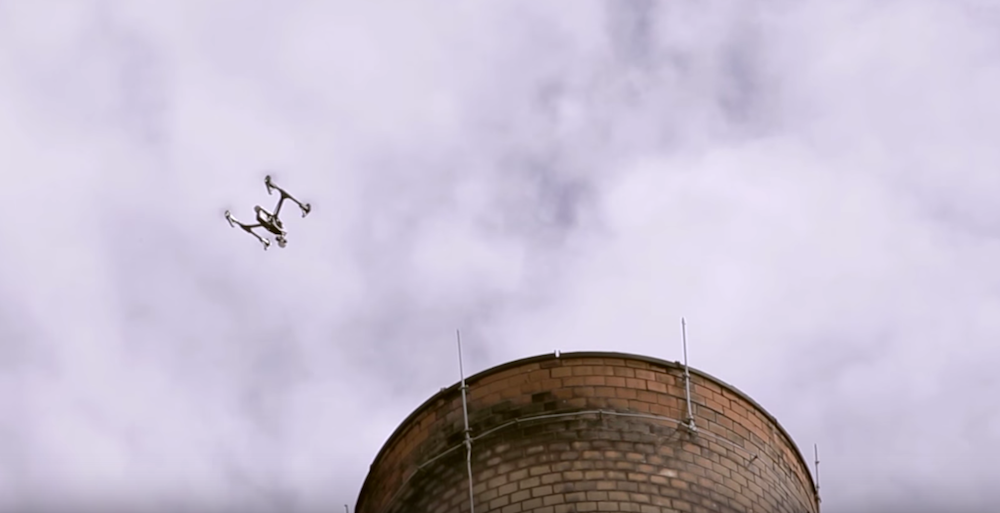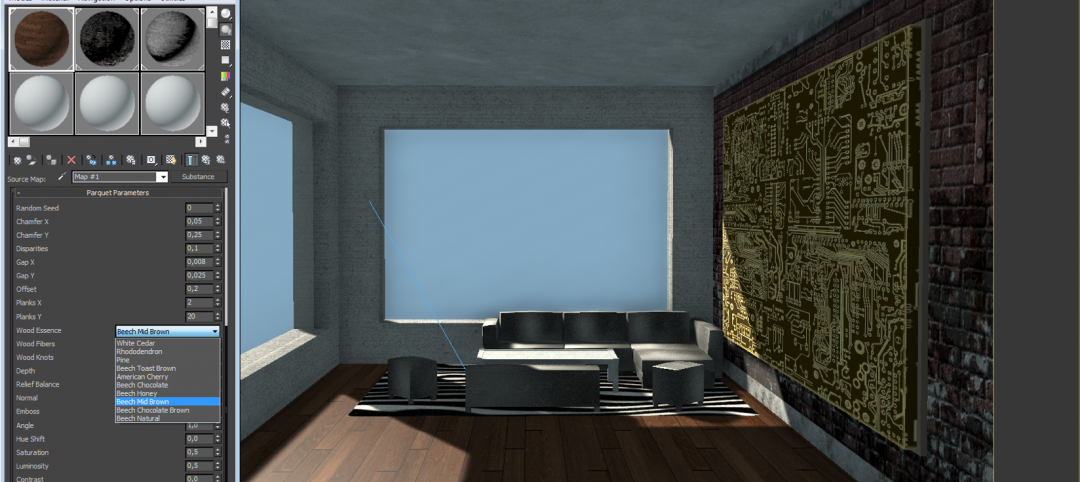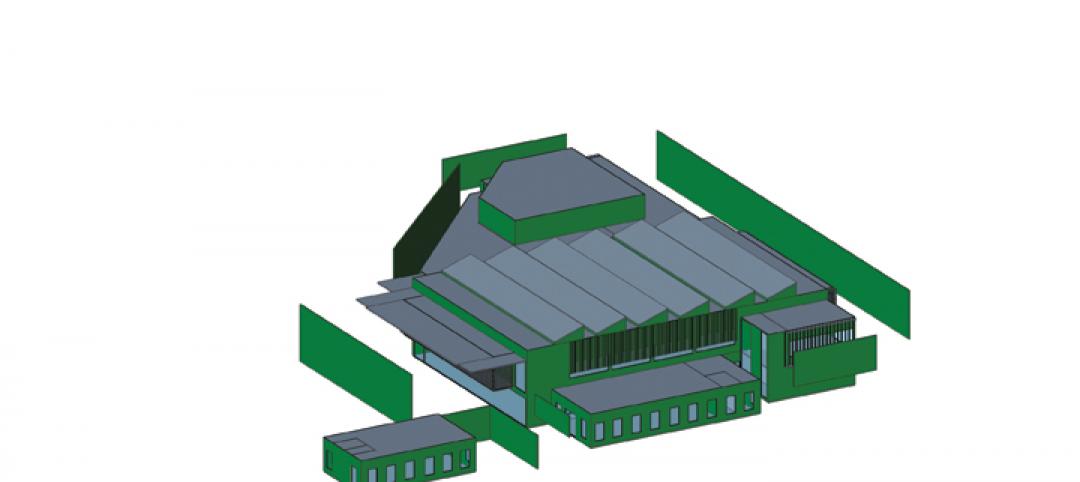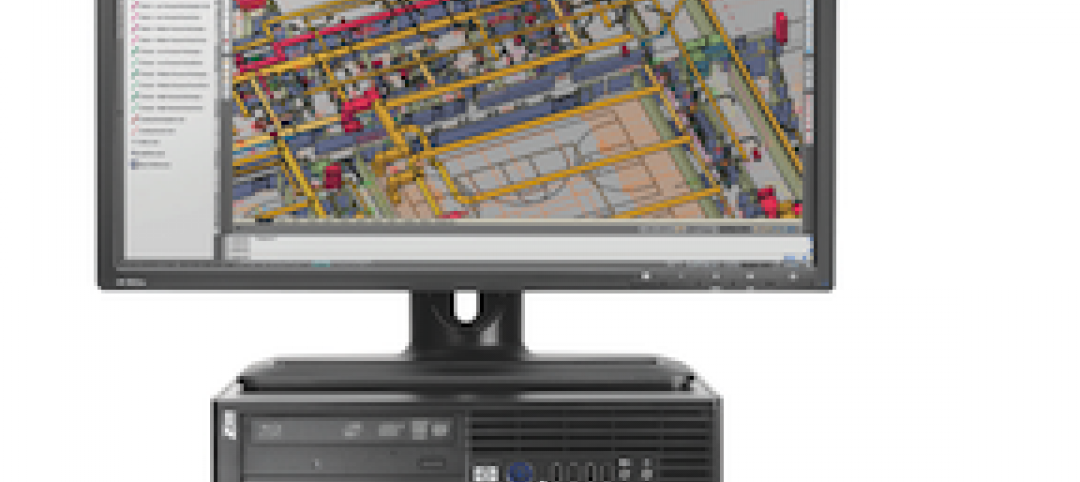Wiss, Janney, Elstner Associates (WJE) produced a new video documenting how drone technology can be used for building facade inspections.
Currently, nine major U.S. cities have adopted facade ordinances that require inspection of thousands of buildings every few years.
“We believe that drone usage will enable building owners to assess problems quicker and with less risk to the general public and workers,” WJE Principal Michael Petermann said. “This will become an essential tool in engineers’ and architects’ tool box.”
WJE partnered with First Flight Photography (FFP), an FAA-Section 330 vendor to produce the video that highlights how drones could be used to assess building exteriors safely and expediently. The companies worked together on the two structures highlighted in the video and have proposed on several other upcoming projects.
Having multi-angled video or still images enables engineers to see potential distressed conditions that could otherwise be missed from ground analysis. Petermann said that he hopes local governments permit the use of drones for building assessment.
WJE anticipates an increase in demand to perform visual inspections utilizing high quality imagery from drones and is in the process of partnering with select vendors.
Related Stories
| Nov 16, 2010
Calculating office building performance? Yep, there’s an app for that
123 Zero build is a free tool for calculating the performance of a market-ready carbon-neutral office building design. The app estimates the discounted payback for constructing a zero emissions office building in any U.S. location, including the investment needed for photovoltaics to offset annual carbon emissions, payback calculations, estimated first costs for a highly energy efficient building, photovoltaic costs, discount rates, and user-specified fuel escalation rates.
| Nov 9, 2010
12 incredible objects being made with 3D printers today
BD+C has reported on how 3D printers are attracting the attention of AEC firms. Now you can see how other creative types are utilizing this fascinating printing technology. Among the printed items: King Tut’s remains, designer shoes, and the world’s smallest Rubik’s Cube.
| Nov 5, 2010
New Millennium’s Gary Heasley on BIM, LEED, and the nonresidential market
Gary Heasley, president of New Millennium Building Systems, Fort Wayne, Ind., and EVP of its parent company, Steel Dynamics, Inc., tells BD+C’s Robert Cassidy about the Steel Joist Manufacturer’s westward expansion, its push to create BIM tools for its products, LEED, and the outlook for the nonresidential construction market.
| Nov 2, 2010
Energy Analysis No Longer a Luxury
Back in the halcyon days of 2006, energy analysis of building design and performance was a luxury. Sure, many forward-thinking AEC firms ran their designs through services such as Autodesk’s Green Building Studio and IES’s Virtual Environment, and some facility managers used Honeywell’s Energy Manager and other monitoring software. Today, however, knowing exactly how much energy your building will produce and use is survival of the fittest as energy costs and green design requirements demand precision.
| Oct 13, 2010
Test run on the HP Z200 SFF Good Value in a Small Package
Contributing Editor Jeff Yoders tests a new small-form factor, workstation-class desktop in Hewlett-Packard’s line that combines performance of its minitower machine with a smaller chassis and a lower price.
| Oct 13, 2010
Prefab Trailblazer
The $137 million, 12-story, 500,000-sf Miami Valley Hospital cardiac center, Dayton, Ohio, is the first major hospital project in the U.S. to have made extensive use of prefabricated components in its design and construction.













